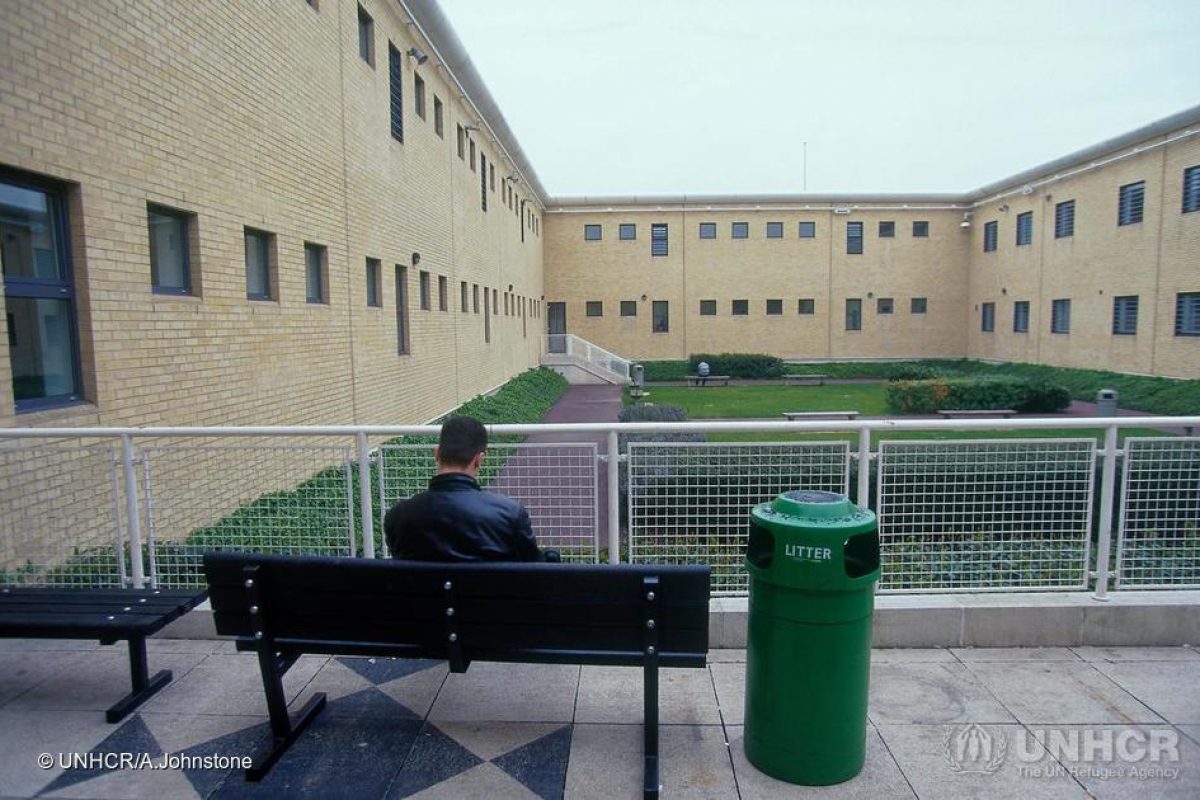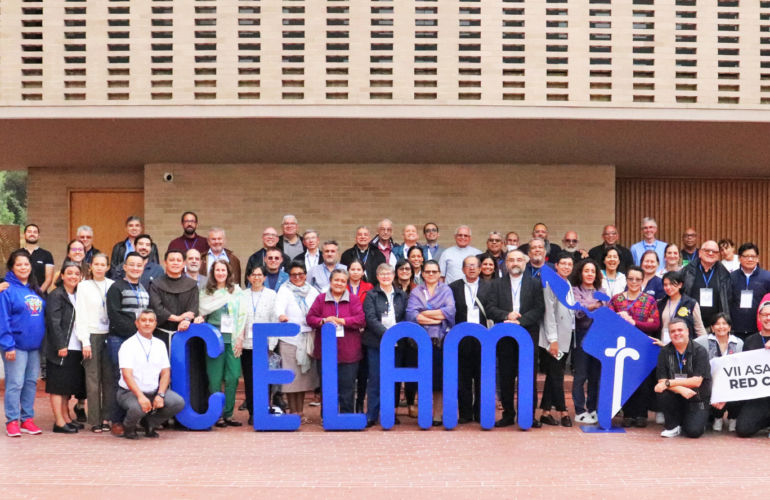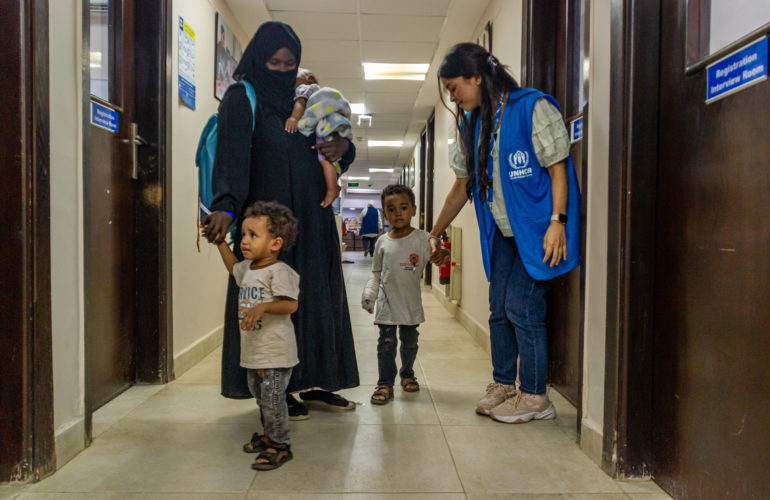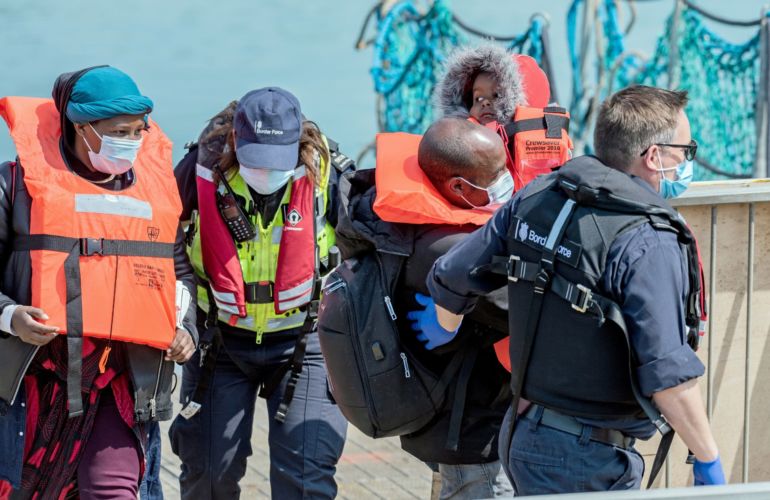The European Union Needs More Humane Return Policies

Migration and asylum policies in the European Union are increasingly using the return of individuals to their countries of origin as a means to curb irregular migration. This trend needs to be reversed, argues a group of faith-based NGOs.
In a recently published position paper, a group of European faith-based organizations make recommendations to EU Member States meant to ensure that the policies by which States send non-citizens back to their countries of origin respect fundamental rights.
The organizations, which represent European churches and include the International Catholic Migration Commission (ICMC), highlight the growing attention to and practice of returning migrants to their home countries.
According to the paper “Recommendations for humane return policies in Europe,” this growing trend negatively affects both measures to facilitate the integration of migrants and refugees and the opening of safe and legal admission pathways to the EU.
Ensuring the respect of fundamental rights at all times during return processes is crucial, the paper states. This also applies in the case of forced returns – that is, the forcible removal of individuals from the territory of a State.
In any case, the organizations argue, voluntary returns are always preferable to forced ones. In this regard, States need to ensure that both funding and management capacity needed for voluntary return programs are available and satisfactory.
The organizations also highlight a particularly worrying development: asylum procedures and return policies are not always clearly separated. As a consequence, information about voluntary return options is sometimes provided at the very early stages of the asylum process. Some asylum-seekers may perceive this as an encouragement to return or an indication that their asylum application will be rejected. This practice needs to stop, the organizations insist.
The paper recalls the cornerstone of refugee protection, that is, the principle of non-refoulement, which prohibits returning a person to a place where his/her life would be in danger. It also urges respect for other fundamental principles such as the best interest of the child, family unity and access to an adequate judicial remedy – like the right to appeal a return decision.
The paper also urges governments to stop using development aid as a migration control tool. The provision of development aid has recently become a tool to exert pressure and demand cooperation from receiving States regarding returns, re-admissions and reintegration of their nationals. Development aid should always remain free from political objectives and should only be used to create opportunities and wellbeing in poorer countries, the paper states.
The organizations also focus on EU Member States’ growing practice of returning migrants and asylum-seekers to Afghanistan, Sudan, Iraq and other conflict-affected areas. No migrant or asylum-seeker whose application has been rejected should be returned to a conflict zone, they urge. The current practices do not take into account the situation in those countries of origin and should immediately stop.
- Read the Position Paper.


